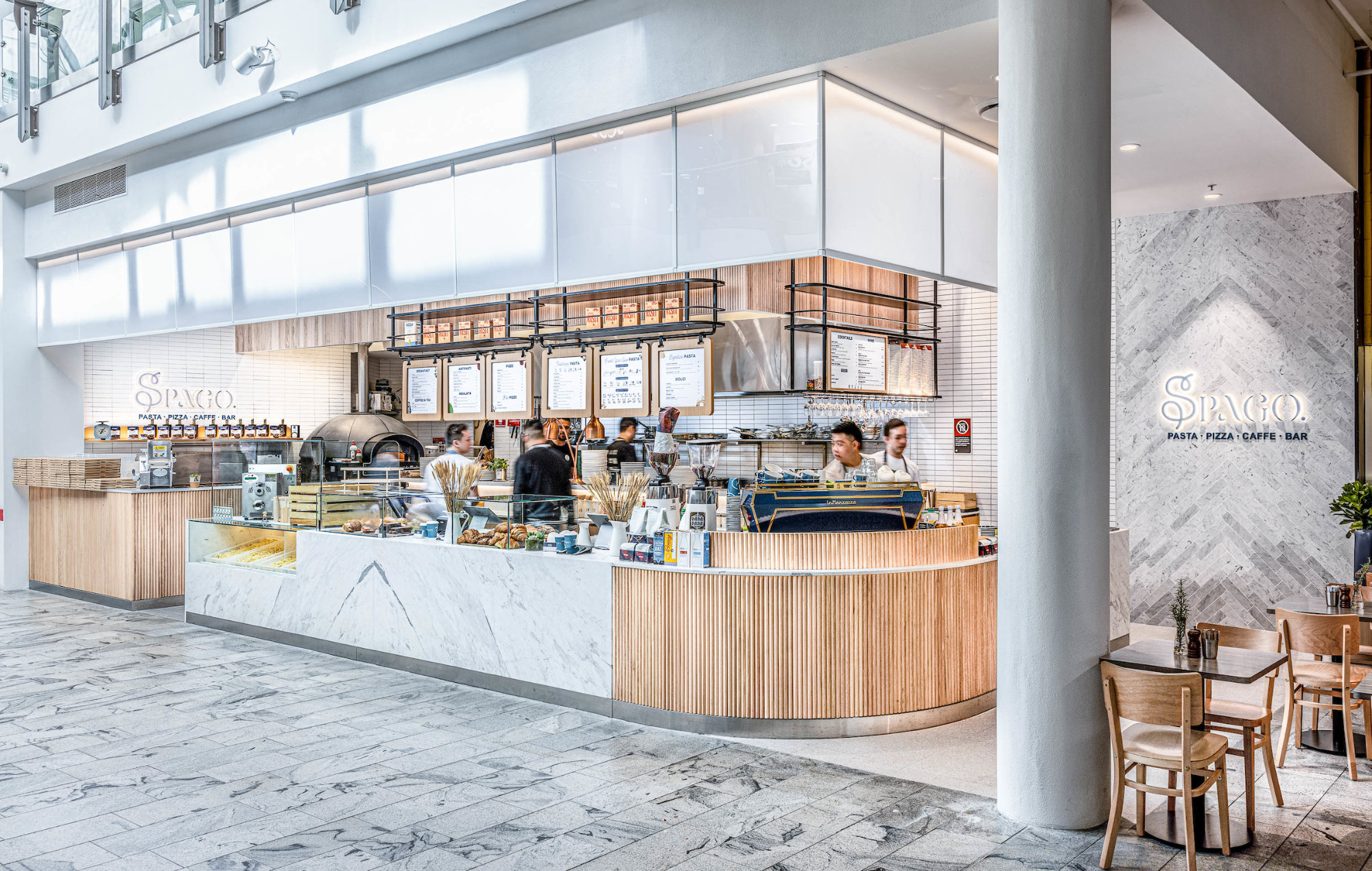Do you need a Joiner or a Carpenter for your project? Joinery or carpentry, joiner or carpenter – these two occupations often get mixed up and people tend to use the terms interchangeably.
Whilst both trades work with wood & share some skills, there are key differences between the two disciplines which are important to understand when thinking about your next commercial project.
So let’s have a look at the differences between these two trades and the unique skills required for each.
What is joinery?
In its most simplest and traditional sense, joiners ‘join’ wood in a workshop.
A joiner will create bespoke pieces in their workshop by joining pieces of wood together.
Joiners use specialised tools and techniques to create precise joints that fit together seamlessly, without the need for nails or screws. Joinery requires a high level of skill and attention to detail, as even small mistakes can compromise the strength and stability of the finished product. Some common types of joints used in joinery include mortise and tenon joints, dovetail joints, and box joints.
A joiner primarily crafts their pieces in a workshop off-site and often uses large machines to help create their work, such as circular saws or lathes. As a result, joiners are rarely present on-site where they will install the pieces. Joinery encompasses all aspects of woodwork, starting from small projects right through to large scale, intricately detailed pieces.
By creating joints and fitting pieces of wood together, joiners create furniture, cabinets, doors to floors, commercial cabinets and desks and many other structures. Joinery work is all around us.

What is carpentry?
In its most simplest and traditional sense, a carpenter primarily works on-site often using hand tools to create structures such as buildings, bridges and furniture, as well as assembling floors, roof trusses and stud work for buildings. They are experts at fitting and assembling wooden structures.
Carpenters use a variety of tools and techniques to cut, shape, and join wood together to create functional and aesthetically pleasing structures. Unlike joinery, carpentry often involves the use of nails, screws, and other fasteners to hold pieces of wood together. Carpenters may also work with other materials such as metal and concrete to complete their projects.
What are the key differences between joinery and carpentry?
Joinery and carpentry are two distinct trades that involve working with wood, but they require different skills and techniques.
Joinery focuses on creating precise and intricate joints between pieces of wood, without the use of fasteners like nails or screws. Joiners use specialised tools and techniques to create joints that are strong, durable, and aesthetically pleasing.
Carpentry, on the other hand, involves the use of fasteners and other materials to create structures and furniture. Carpenters may also use joinery techniques in their work, but their focus is on creating functional and sturdy structures rather than intricate joints.
Which trade is best for your project?
The answer to this question obviously depends on the specific needs of your project. If you are looking for a piece of furniture or a structure that requires precise and intricate joints, then joinery may be the best choice. However, if you need a functional and sturdy structure that can withstand heavy use, then carpentry may be the better option. It’s important to consult with a professional in each trade to determine which one is best suited for your project.

What are the benefits of custom joinery?
When it comes to designing and creating for your business, shop fitout or office space, bespoke joinery is the perfect way to give it a personalised touch. With custom joinery everything is made from scratch, which means that every element can be designed to your unique specifications. This is a massive benefit if your space is irregular and does not allow for standard furniture or fittings. When you’re taking on a project, opting for joiners will allow you to create custom made designs that are built to suit your space and your business needs.
Read more on the benefits of custom joinery
Finding the right professional for your needs.
When it comes to choosing between a joiner and a carpenter, it’s important to consider the specific needs of your project. A joiner specialises in creating intricate joints and precise cuts, while a carpenter is skilled in building sturdy structures that can withstand heavy use. It’s important to consult with professionals in each trade to determine which one is best suited for your project.
Contact us for your next custom joinery project
Investing in custom joinery can be a smart decision for your office fitout, shop refurbishment or business makeover. Liteco Custom Joinery can help you. Contact us to today and learn more about the advantages of custom joinery.






